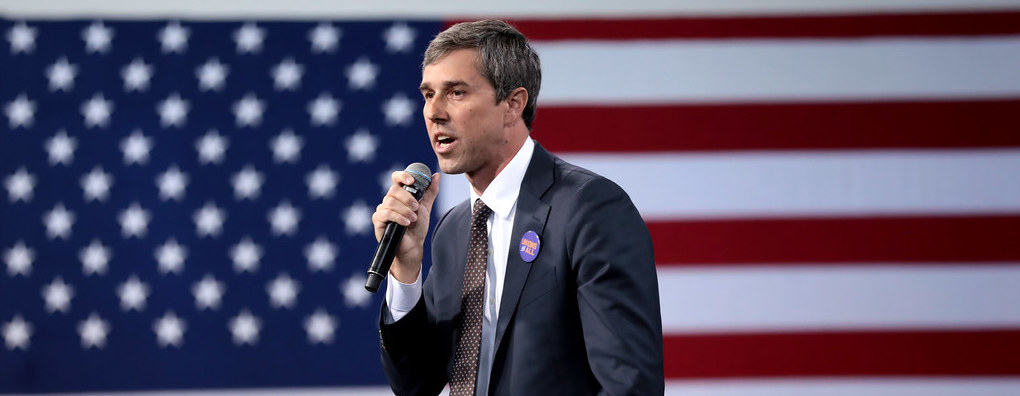Writing for the Catholic Herald, my friend Matthew Schmitz argues that the current political divide opening up in America confirms that Christian life and contemporary American ideas of liberty cannot permanently coexist. Eventually the two will come into conflict and when they do, those who have attempted to hold them together will have to choose between Christian life (and specifically the unchanging teachers of the Roman church—there is no room here for Protestantism) or liberty (and the rejection of God and religious life that it entails).
Login to read more
Sign in or create a free account to access Subscriber-only content.
Topics:
